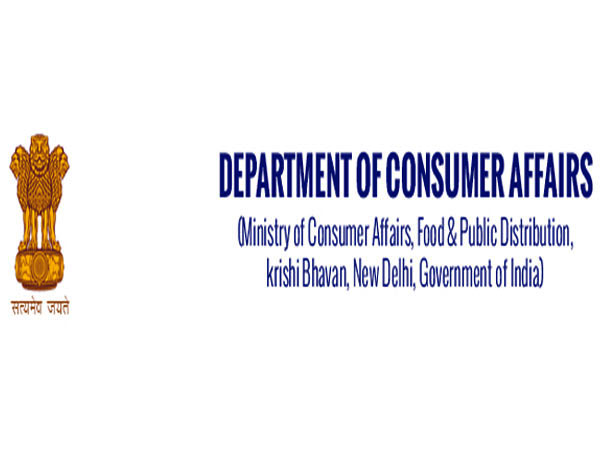India Seeks Public Feedback on Draft Guidelines to Curb Unsolicited Business Communication
The guidelines define "Business Communication" broadly, encompassing all communications related to goods or services, excluding personal interactions.

- Country:
- India
The Department of Consumer Affairs, Government of India, has released Draft Guidelines for the Prevention and Regulation of Unsolicited and Unwarranted Business Communication, 2024, inviting public comments until July 21, 2024. These guidelines, aimed at mitigating the persistent issue of misleading and intrusive communications, particularly on mobile networks, are now open for feedback from stakeholders and the general public.
The draft guidelines, accessible on the Department of Consumer Affairs website, were formulated following extensive consultations with key stakeholders including telecom operators, regulators, and industry bodies. Despite the existing Telecom Commercial Communications Customer Preference Regulations, 2018 (TCCCPR-2018) enforced by the Telecom Regulatory Authority of India (TRAI), concerns have persisted over unauthorized communications, often using unregistered numbers or misleading tactics.
The guidelines define "Business Communication" broadly, encompassing all communications related to goods or services, excluding personal interactions. They apply to anyone involved in initiating, executing, or benefiting from such communications, whether directly or indirectly.
Key provisions outlined in the draft classify communications as Unsolicited and Unwarranted if they do not align with recipient consent or registered preferences. These include initiating communications through unauthorized number series or SMS headers, disregarding consumer requests to opt out via the Do Not Disturb (DND) registry, and failing to obtain explicit digital consent for specific brand-related communications.
Moreover, the guidelines mandate clear identification of the caller and the purpose of the call, provide consumers with straightforward opt-out mechanisms, and strictly prohibit contravention of TRAI regulations or any other applicable laws.
A committee chaired by the Joint Secretary of the Department of Consumer Affairs, comprising representatives from the Department of Telecommunication (DoT), TRAI, major telecom operators, and industry associations, proposed the framework. The department emphasizes that these measures are essential to protect consumer rights in an increasingly pervasive digital consumer environment.
Interested parties are encouraged to review the draft guidelines and submit their comments and suggestions via the Department of Consumer Affairs' website before the deadline. The government remains committed to ensuring that consumers are safeguarded from intrusive and unauthorized marketing practices across various communication platforms.
- READ MORE ON:
- Consumer Affairs










